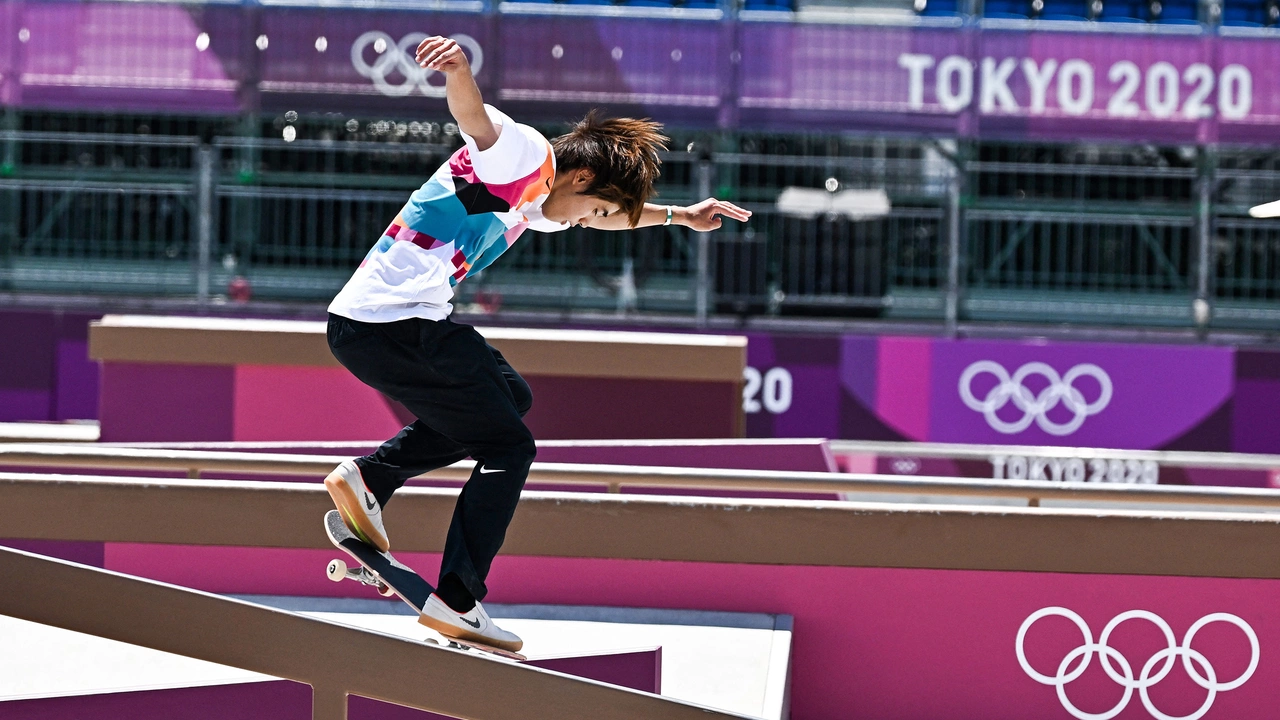The Evolution of Skateboarding
As someone who has nursed countless scrapes and bruises from myriad failed attempts at landing an ollie, it's hard to ignore the way skateboarding has thundered into mainstream consciousness. Suddenly thrust from gritty streets and empty swimming pools, the sport is now laced with thrilling anticipation of it becoming an Olympic activity.
Skateboarding took off in the late-1940s, ‘50s, and ‘60s as surfers in California sought to take their pursuit to the streets. This culminated in the invention of popular maneuvers like the kickflip and 360-flip, performed by skateboarding pioneers. However, the sport's evolution didn't stop at developing new tricks. From backyard pastime, it boldly traversed into the heart of popular culture, featuring in films, fashion, and music. Street culture was embraced and eventually revered for its rebellious streak.
Through decades, skateboarding has balanced the thin line between raw street activity and mainstream sport. Yet, like a rider hurtling down a hill, the essence of skateboarding is about navigating change. This has led to a quintessential question that reverberates within the skateboarding community: Will skateboarding finally be considered an Olympic sport?
Skateboarding: A Sport or a Lifestyle?
The thrill and freedom of skateboarding have cemented it as a culture - a lifestyle. Some skateboarders might bristle at the idea of their beloved pastime being categorized and quantized into an Olympic event. They fear it could strip skateboarding of its edges, soften its grit, blunt its rawness.
While this point of view is absolutely valid, there are others who believe that skateboarding's inclusion in the Olympics could be a monumental leap for the sport. It could offer a platform for global recognition, increased popularity, development of new facilities, and, importantly, attract sponsors to support aspiring and professional skateboarders.
Imagine more public skate parks, better-designed skateboard gears, mainstream media attention and global respect for a sport which has long been dismissed as a fad or a street menace. This recognition can bring skateboarders from the shadows into the spotlight.
Placing Skateboarding onto the Global Sporting Stage
The Olympic Charter defines sport as: "Any physical activity which has the character of contest and is governed by rules." Skateboarding—even in its most freeform pursuits—fits this definition perfectly. It involves physical exertion, mastery of skills, competition, judgement, and awards. It checks all the boxes.
Despite this, skateboarding as an official Olympic sport has been a contentious issue. One of the litmus tests for a new sport's inclusion in the Olympics is that it needs to be widely practiced in at least 75 countries on four continents for men, and 40 countries on three continents for women. Skateboarding’s global popularity and its growing competitive scene, spearheaded by events like X Games, have arguably fulfilled this criteria. Now, it’s mainly semantics and strategies —those in and out of boardrooms—that are shaping its Olympic destiny.
Pushing boundaries and breaking rules is in the DNA of skateboarding. We zoom past stop signs, trespass properties seeking ideal grounds for a trick, and ignore the clucking of societal norms. This spirit of resistance is perhaps why it feels strange for many of us to see skateboarding courting traditional sporting conventions. Yet, such an alliance with Olympics can accelerate the global acceptance for the sport.
Formalizing Skateboarding: An Equal Playground
Contrary to stereotypes, skateboarding isn't just for the rebellious youth. It's a unifying platform that bridges gaps between generations, genders, and ethnicities. The world of skateboarding is brimming with talent who deserve recognition - from pint-sized prodigies, to seasoned boarders who've walked this path longer than I've been alive.
But here's the thing: despite having plenty of awesome women skateboarders, they're often overlooked in the skateboarding landscape. With the formalization of the sport, young girls and women can be propelled towards the center stage to showcase their skills and encourage other ladies to get their feet on the board. Olympic inclusion can provide not just recognition, but it could champion equality in the sport, breaking the proverbial glass ceiling.
Formalization also means established rules, regulations, and safety measures. With events like the Olympics, regulations come into place to ensure the competitors' safety. From wearing helmets to having properly maintained gear, safety protocols get the spotlight they deserve. It's a far cry from the scraped knees and elbows we were so used to.
Towards an Olympic Future: Fears & Expectations
In an ode to skateboarding's Olympic journey, here's a flashback to the time I ate gnarly asphalt tackling my first hill bomb. A neighbor yelled "Skateboarding isn't a sport!" as I dusted off my jeans and inspected the fresh patchwork of scrapes on my arms and legs. With a defiant grin, I got back on my board, determined to conquer the hill. Today, as we potentially prepare to see skateboarding on the most prestigious sporting stage, his words echo in a derisive comic irony.
Admittedly, there are nagging fears of commercialization, dilution of essence, and loss of freedom associated with skateboarding's imminent Olympic status. The skateboarding community prides itself on its independence and raw authenticity, something that we fear might be compromised.
Yet, there's an excitement bubbling underneath. The thought of a young skater watching the Olympics and feeling the rush to grab a skateboard and roll down the streets, stirs a thrill within me. Skateboarding's Big Bang moment could be at the Olympics, imagine countless people across the globe being introduced to the magic of our sport.
As someone who respects skateboarding's roots, and also hopes for its spectacular future, I'm torn between the apprehensions and exhilarations. But, one thing is certain: skateboarding is our collective passion and love, whether it's an Olympic sport or not.
